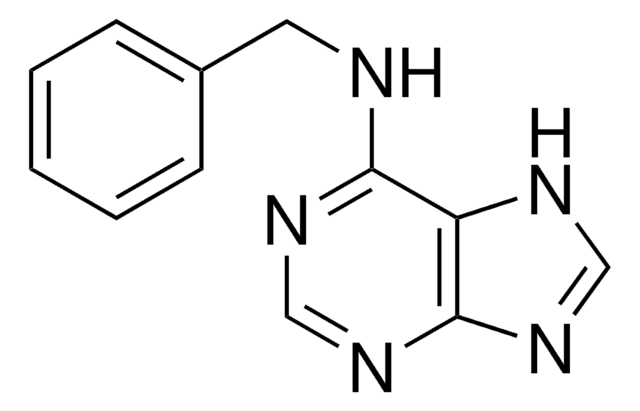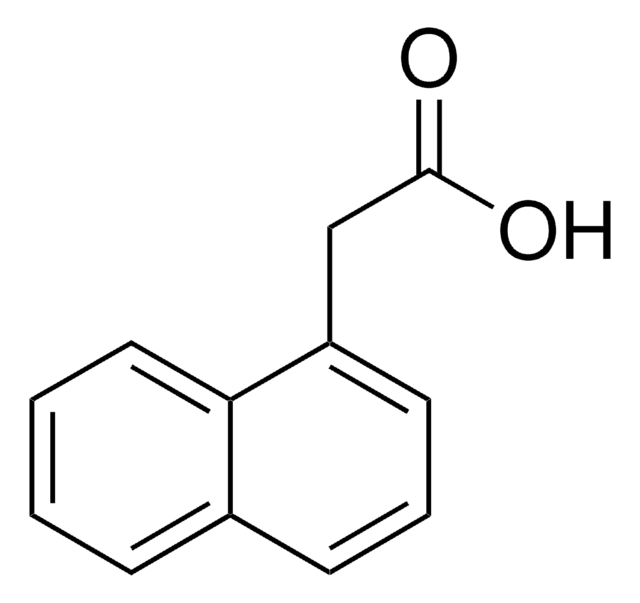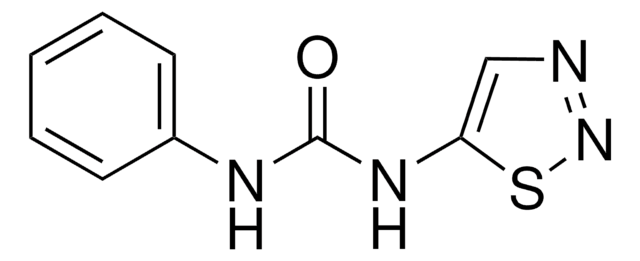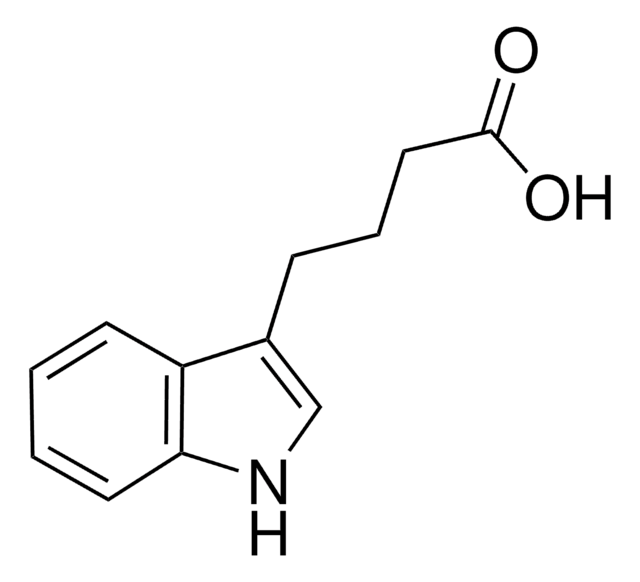D7299
2,4-Dichlorophenoxyacetic acid
≥95%, crystalline
Synonym(s):
2,4-D
About This Item
Recommended Products
vapor pressure
0.4 mmHg ( 160 °C)
Assay
≥95%
form
crystalline
mp
136-140 °C (lit.)
application(s)
agriculture
SMILES string
OC(=O)COc1ccc(Cl)cc1Cl
InChI
1S/C8H6Cl2O3/c9-5-1-2-7(6(10)3-5)13-4-8(11)12/h1-3H,4H2,(H,11,12)
InChI key
OVSKIKFHRZPJSS-UHFFFAOYSA-N
Looking for similar products? Visit Product Comparison Guide
General description
Application
- Murashige and Tucker medium for thin cell layer explant culture
- Murashige and Skoog medium media to initiate callus
- N6-basal medium for immature zygotic embryo culture
Signal Word
Danger
Hazard Statements
Precautionary Statements
Hazard Classifications
Acute Tox. 4 Oral - Aquatic Acute 1 - Aquatic Chronic 3 - Eye Dam. 1 - Skin Sens. 1 - STOT SE 3
Target Organs
Respiratory system
Storage Class Code
11 - Combustible Solids
WGK
WGK 2
Flash Point(F)
Not applicable
Flash Point(C)
Not applicable
Personal Protective Equipment
Certificates of Analysis (COA)
Search for Certificates of Analysis (COA) by entering the products Lot/Batch Number. Lot and Batch Numbers can be found on a product’s label following the words ‘Lot’ or ‘Batch’.
Already Own This Product?
Find documentation for the products that you have recently purchased in the Document Library.
Customers Also Viewed
Our team of scientists has experience in all areas of research including Life Science, Material Science, Chemical Synthesis, Chromatography, Analytical and many others.
Contact Technical Service










